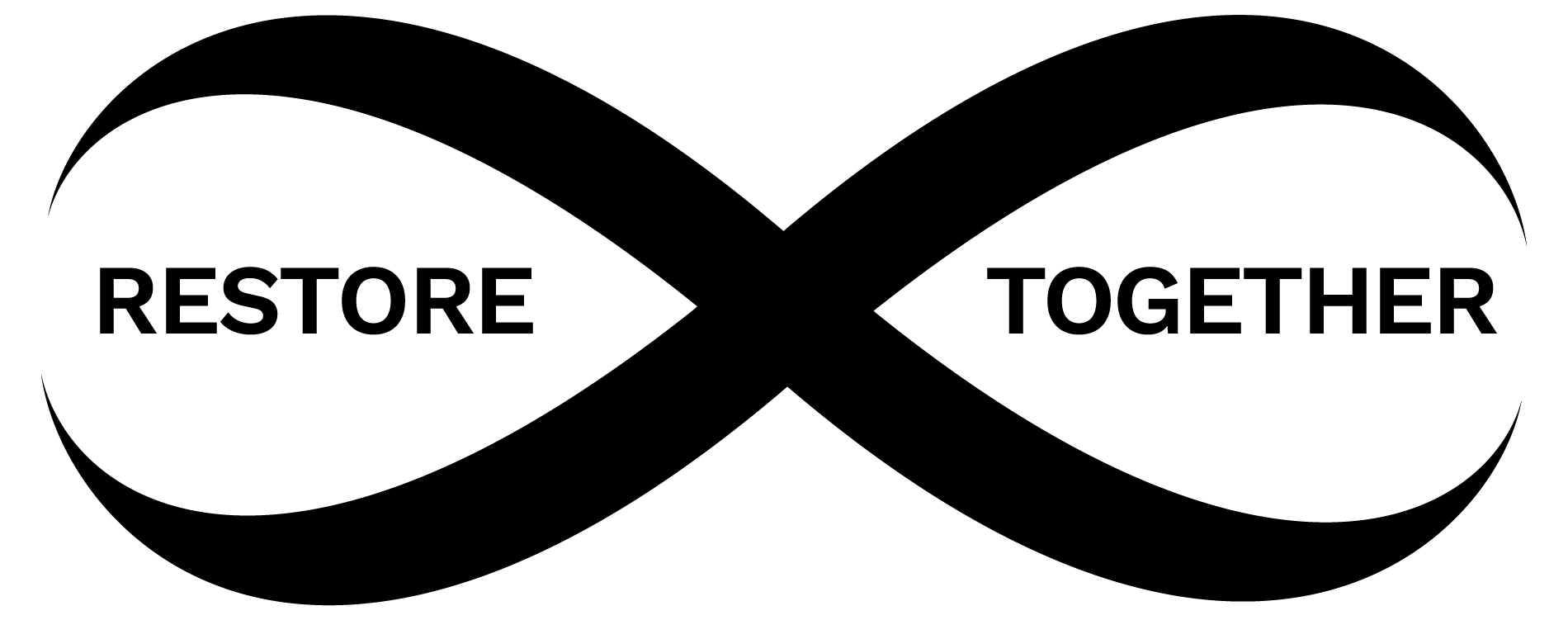Restore Together calls for urgent delivery of
Redress Scheme
Press release 16/06/25
Advocacy group Restore Together calls for urgent delivery of Redress Scheme as part of Spiritan Restorative Justice programme
- Victims/ survivors waiting for justice decades after being abused. Justice delayed is justice denied
- Restorative Justice process means putting victims/ survivors first without delays
16 June, 2025: The advocacy group Restore Together has described a statement issued by the Spiritan Order regarding the Restorative Justice programme for victims/ survivors of non-recent child sex abuse at their schools as a step in the right direction that urgently needs to be substantiated by actions. The groups says that urgent delivery of a victim-centred, non-adversarial redress scheme is critical.
A spokesperson for the group, Philip Feddis, said: “Victims/ survivors will judge the statement based on actions and how soon they receive Restorative Justice in its entirety with a Redress Scheme the most urgent and important element. Delivery of the full Restorative Justice programme is already long overdue for victims/ survivors who have been burdened for decades while it is already too late for many.”
He added: “While the Redress Scheme is the most urgent element, Restorative Justice is the sum of its parts and to be effective it must be rolled out in an integrated and timely manner. The ongoing delays to delivering the programme’s five strands is undermining the benefits of what has been delivered to date (apology and therapy) and diminishes the potential for Restorative Justice to have full effect for victims/ survivors.”
He concluded: “In keeping with the best practice principles of Restorative Justice, the plans, timelines and actions must not be determined in isolation by the Spiritans. Victim/survivors must have active decision-making input into determining what is best for their healing. Justice delayed is justice denied and that is where we are at.”
Restore Together is willing to work intensively with the Spiritans to address how the three inactivated elements of the programme can be enabled as soon as humanly possible:
- Redress must be the number one priority for the Spiritans in how they manage their €160 million asset base. Their other priorities can only be considered after provision for redress to atone for the criminal abuses of children and the destruction and devastation caused to so many lives has been made. This provision needs to be made at the earliest opportunity.
- Testimony and Truth Telling needs to be a collaborative process with victims/ survivors at its heart that ensures what happened is told, acknowledged, recorded and widely shared for all to learn from so that it cannot happen again.
- Memorialisation needs to take place in each of the five schools acknowledging the suffering endured by those boys, now men, who have come forward to tell their story as well as the many who have not done so for a range of reasons.
Restore Together believes that the Spiritans need to make up for lost time by creating and funding a full-time secretariat to urgently drive the integrated delivery of the whole Restorative Justice programme against an agreed timetable.
Ireland has spent the last 30 years failing victims/ survivors of institutional abuses through a raft of Tribunals and Inquiries that are driven by legal processes and culture. Restorative Justice is an innovative model of justice whose main point of difference is that it focuses on supporting those impacted by the crime, rather than punishing the criminals. It has a victim/ survivor-centred approach which requires the solutions and actions to be determined by those impacted by abuse rather than by third parties. It has been proven in countries such as Canada, Australia, Switzerland as well as seven EU countries.
The Spiritans have a great opportunity by working urgently and collaboratively with victims/ survivors to demonstrate that this shared Restorative Justice programme is a better model for dealing with non-recent institutional abuses. Urgent activation and efficient administration of the outstanding programme elements, in particular a victim/ survivor-centred, non-adversarial, trauma informed Redress Scheme is essential.

